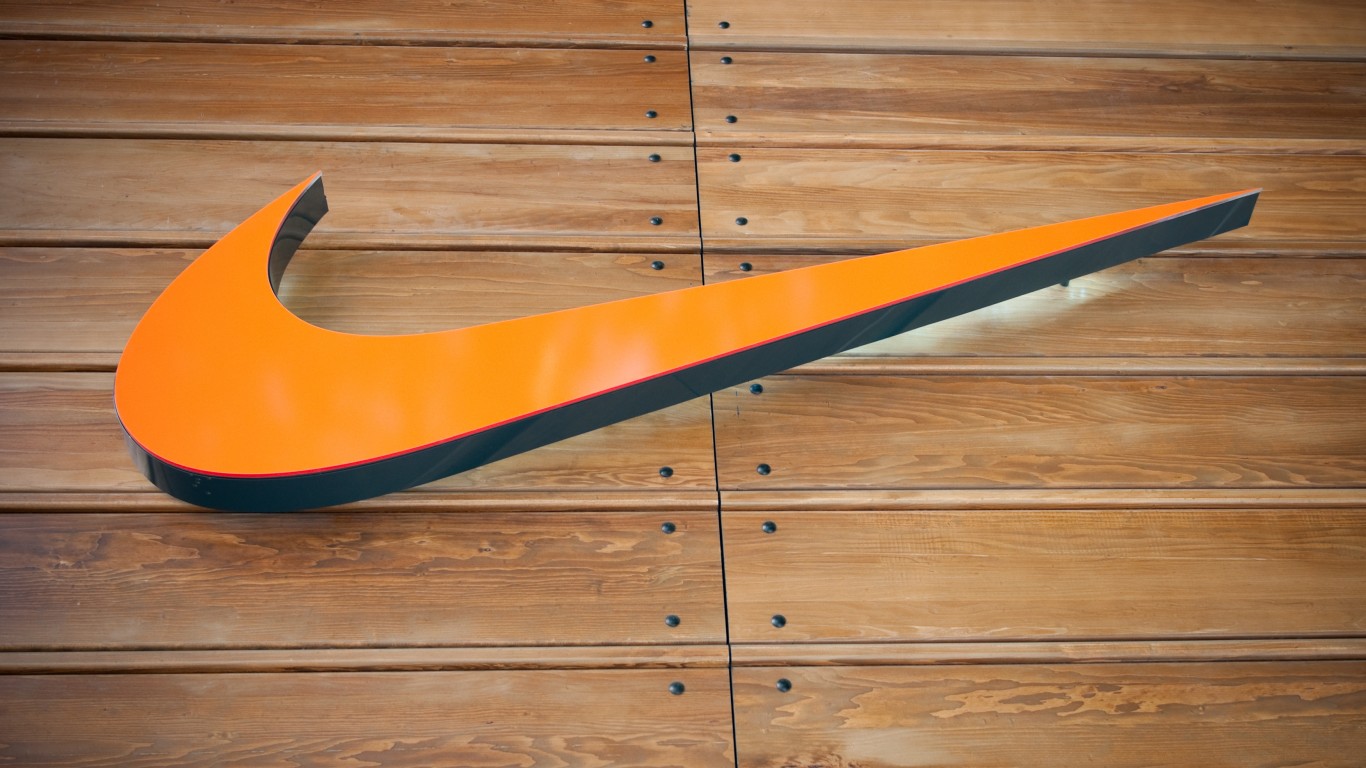
Athletic gear maker Nike Inc. (NYSE: NKE) is ending a program it launched with Amazon.com Inc. (NASDAQ: AMZN) in 2017 selling Nike products directly on Amazon’s website. The soon-to-be-dead program allowed Amazon to act as a wholesale Nike customer and was designed to stem the number of fake Nike goods available from Amazon’s third-party sellers.
In a statement released late Tuesday, Nike said it plans to “focus on elevating consumer experiences through more direct, personal relationships” rather than extend and expand the program with Amazon.
According to Bloomberg, Amazon already has begun recruiting Nike resellers in an effort to make sure that Nike products continue to be easily available on the Amazon Marketplace.
For Amazon, Nike’s withdrawal likely indicates either that Nike was not satisfied with sales at the online giant or that the gear maker thinks it can build better relationships and grow profits better on its own. Nike’s new CEO, John Donahoe, comes from eBay and he is likely pushing the company toward going its own way online.
While building online relationships sounds easy, it is, in fact, both tricky and expensive. Nike has a massive product platform to leverage and that makes it somewhat easier, but it’s not a slam dunk.
Amazon is so big that it probably won’t even notice the loss to its top or bottom line. What it should notice, however, is the indication to other high-profile brands that Amazon’s ability to protect a powerful brand from cheap fakes and counterfeit items is not as good as Amazon may say it is.
In March, Amazon launched an anti-counterfeiting program called Project Zero that was really nothing more than giving brands the power to police the Amazon marketplace on their own. Since its introduction, more than 7,000 brands from the United States, Europe and Japan have enrolled in Project Zero. On Wednesday, Amazon rolled the program out in India.
When push comes to shove, though, Amazon wraps itself in Section 230 of the Communications Decency Act of 1996: “No provider or user of an interactive computer service shall be treated as the publisher or speaker of any information provided by another information content provider.” In Amazon’s case, this means that it has no responsibility to verify that a third-party merchant is telling the truth about the brands available from the merchant’s store.
Luxury goods makers like LVMH, Tiffany and virtually all the rest do not sell their own goods on Amazon and have indicated that they will not do so until Amazon does a much better job of policing for counterfeits and fakes. If the e-commerce behemoth can’t satisfy a company that sells sneakers and tracksuits, chances are that it won’t satisfy makers of luxury goods.
One way to look at the split between Nike and Amazon is that Amazon just decided that policing its marketplace for fakes was not worth the cost of taking responsibility for selling counterfeit luxury and high-profile branded goods. Until Amazon (and Facebook and Twitter and a host of other big names) are forced to take responsibility for the truth of what they disseminate, nothing much will change. Except that lies and fakes will proliferate.
Thank you for reading! Have some feedback for us?
Contact the 24/7 Wall St. editorial team.




